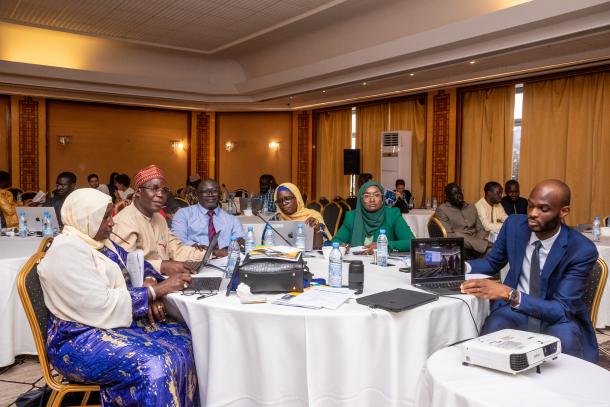
A planned press luncheon by Senegal’s Ministry of Higher Education, Research and Innovation has ignited controversy, not for its content but for the choice of venue.
Scheduled for Tuesday, July 15, the event aims to present the National Agenda for the Transformation of Higher Education, Research and Innovation (ANTESRI) 2050. Yet the decision to hold it at the upscale Terrou-Bi hotel in Dakar has provoked a wave of criticism on social media.
While the luncheon is intended as a key milestone ahead of national consultations on reforming higher education, many observers and citizens view the choice of a luxury hotel as tone-deaf, especially given the sector’s ongoing budget constraints.
Commentators questioned the appropriateness of hosting such an event in an expensive setting amid persistent challenges like decaying infrastructure, frequent strikes, and delays in student grant payments.
Several voices suggested more practical alternatives, such as the Habib Thiam Ministerial Sphere, a public facility already equipped with meeting rooms and dining services.
“It would have been more judicious—and more coherent—to organize this meeting in one of the many available public spaces,” they argued.
The criticism goes beyond mere venue selection.
In a period when the government emphasizes austerity and calls for strict resource management, the lavish setting struck many as disconnected from these messages.
The prominence given to the minister’s image in promotional materials further fueled perceptions of self-promotion in a sector struggling with real hardship.
This incident underscores the gap between official rhetoric and public expectations. Many argue that education—vital for Senegal’s development—deserves leadership that reflects responsibility and solidarity, not exclusivity.
The lunch’s symbolism overshadowed its intended purpose, serving as a cautionary reminder that decisions, even seemingly small ones, carry weighty political and social significance.
Ultimately, the backlash reflects a demand for coherent, inclusive governance where the form matches the substance—especially in areas as critical as education.
Senegal’s future depends not just on ambitious reforms like ANTESRI 2050, but on leadership that embodies those ambitions in both words and actions



